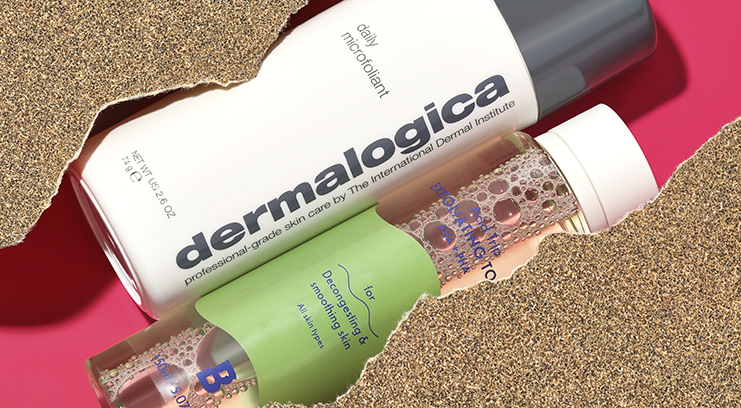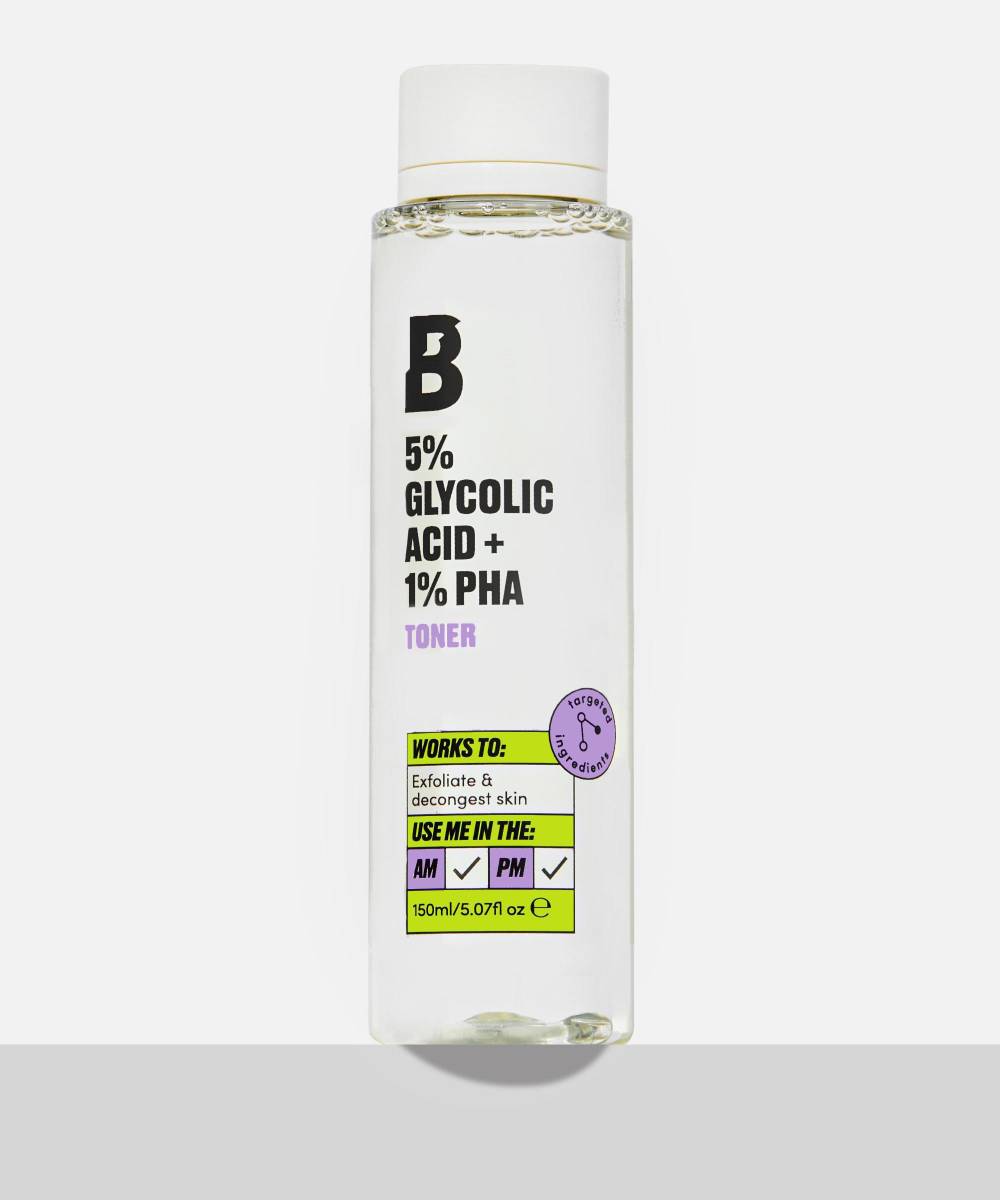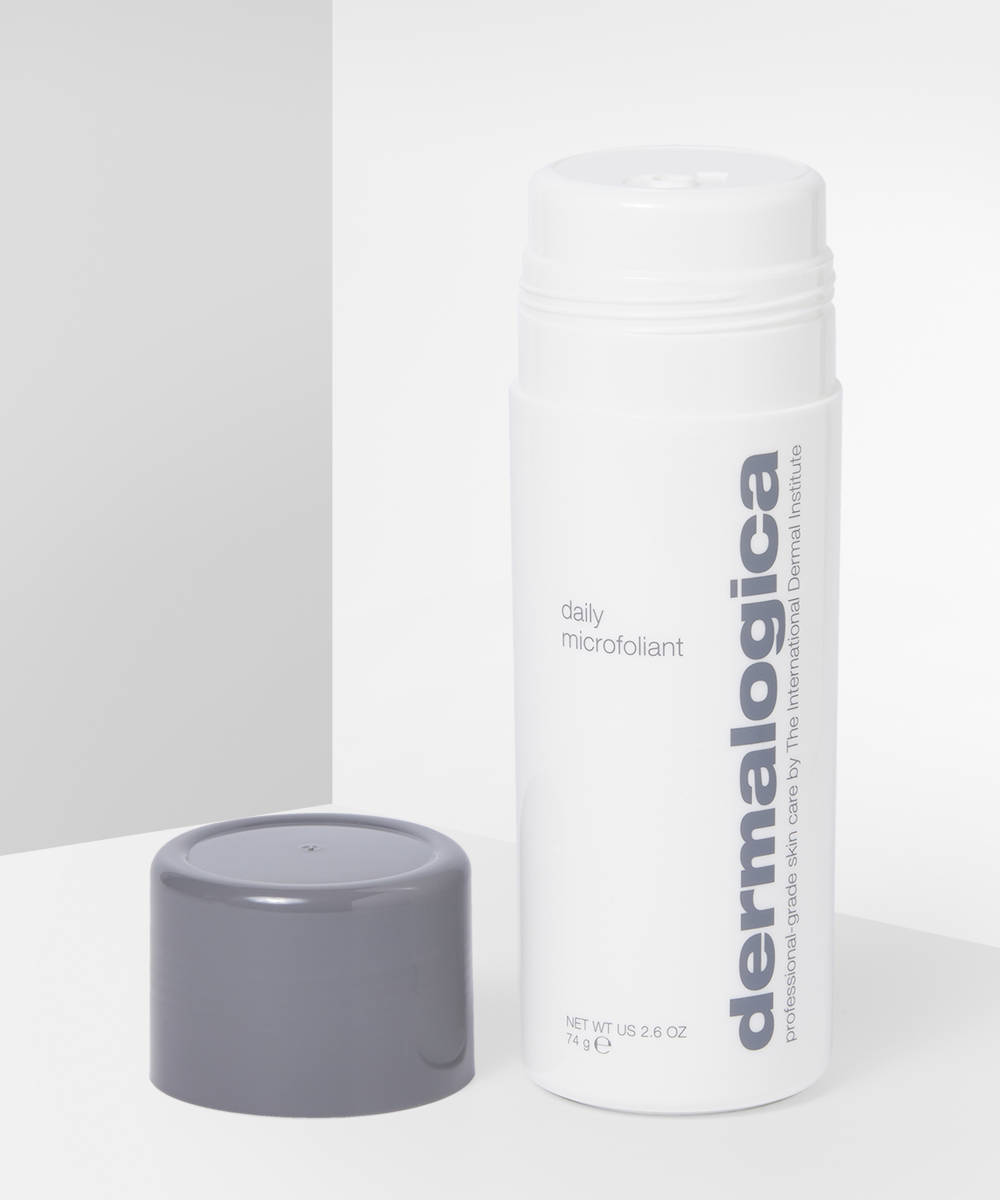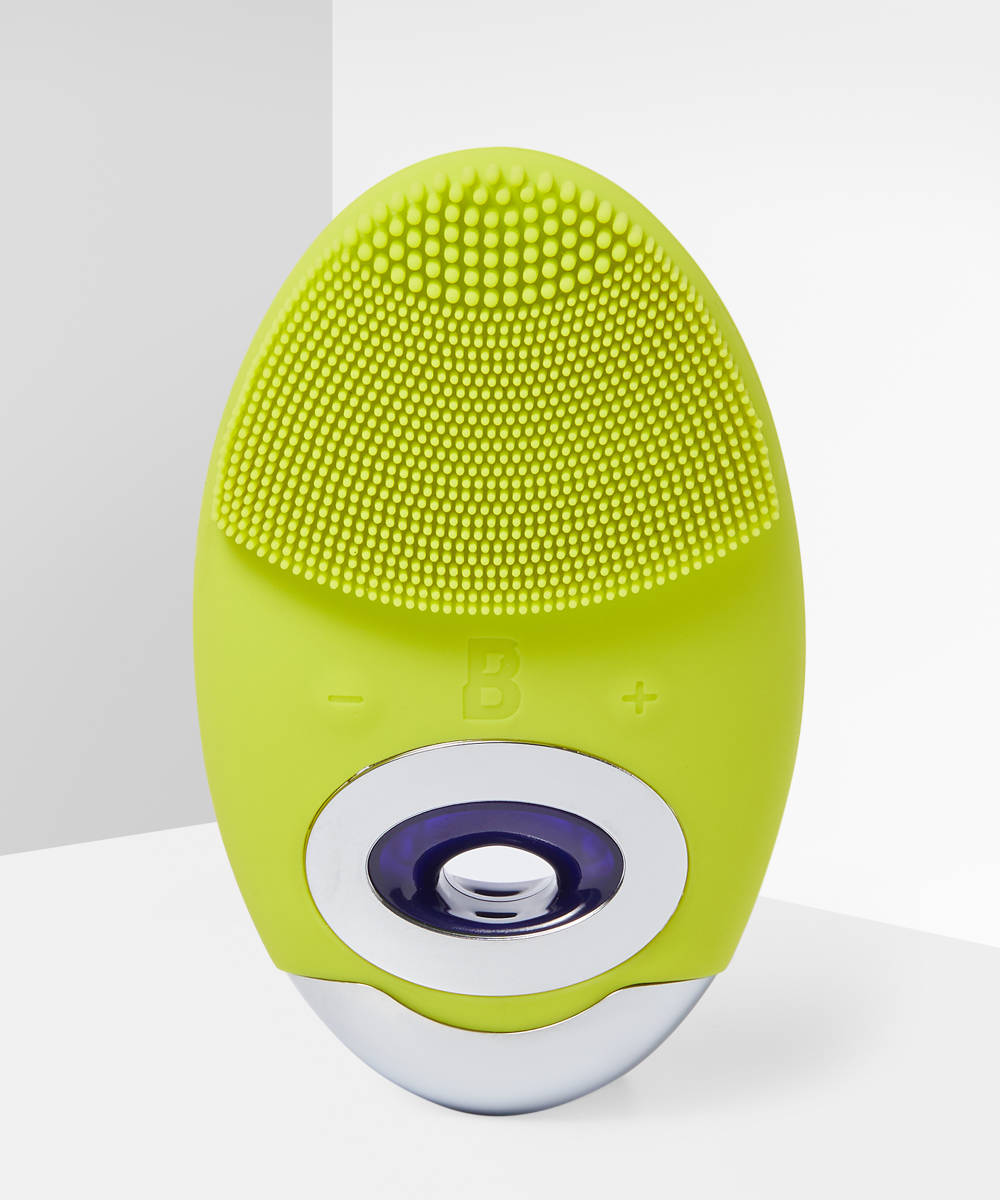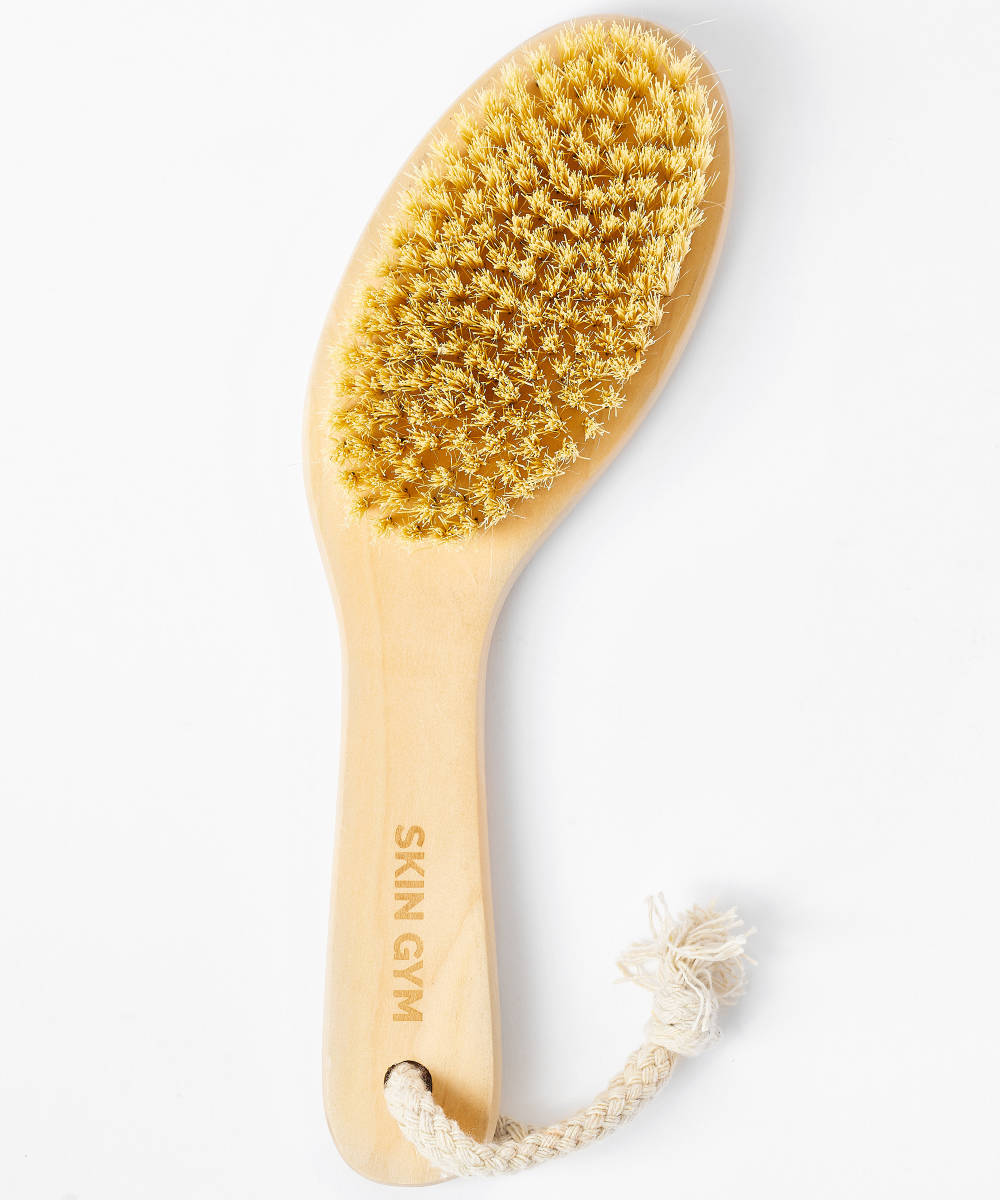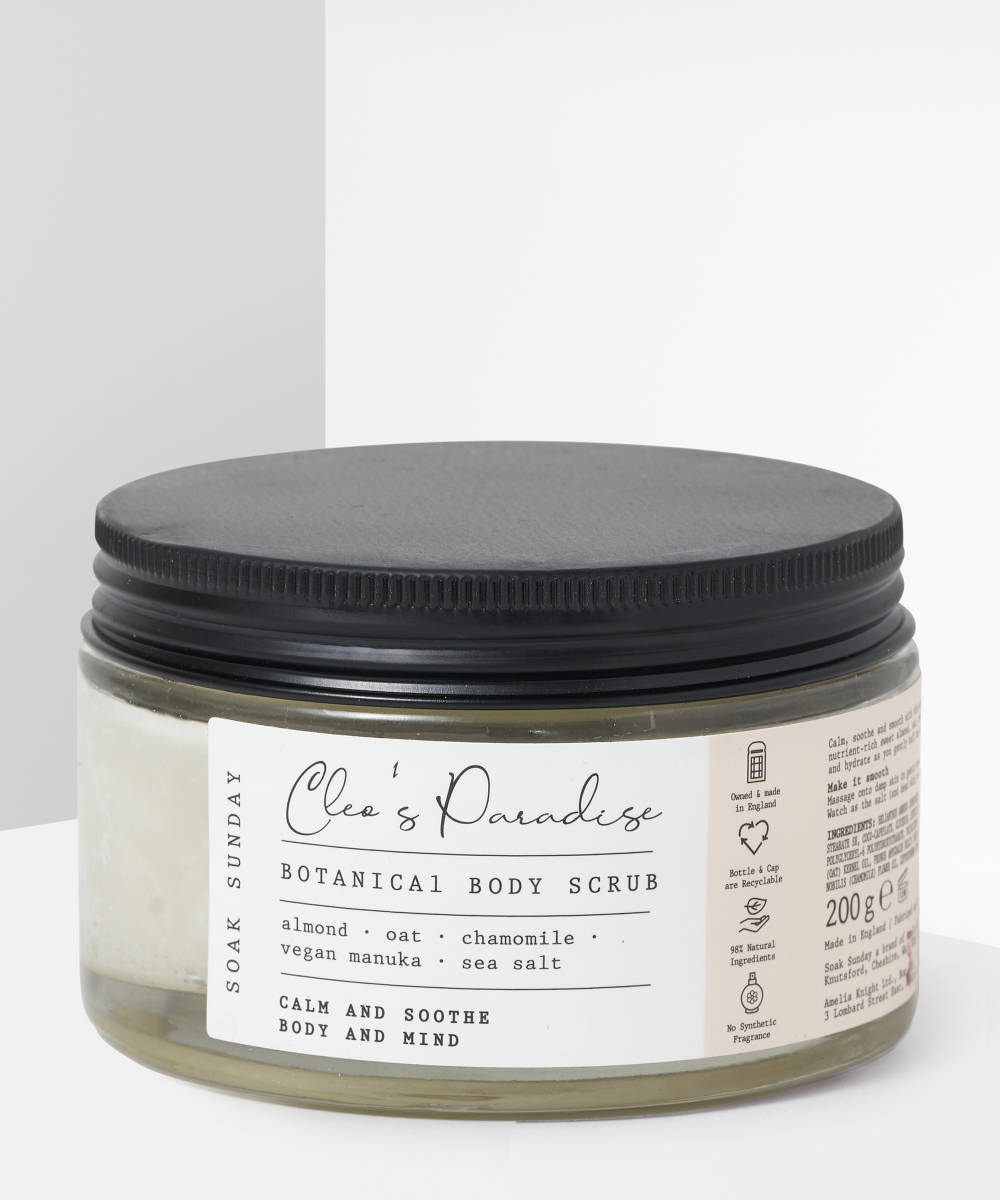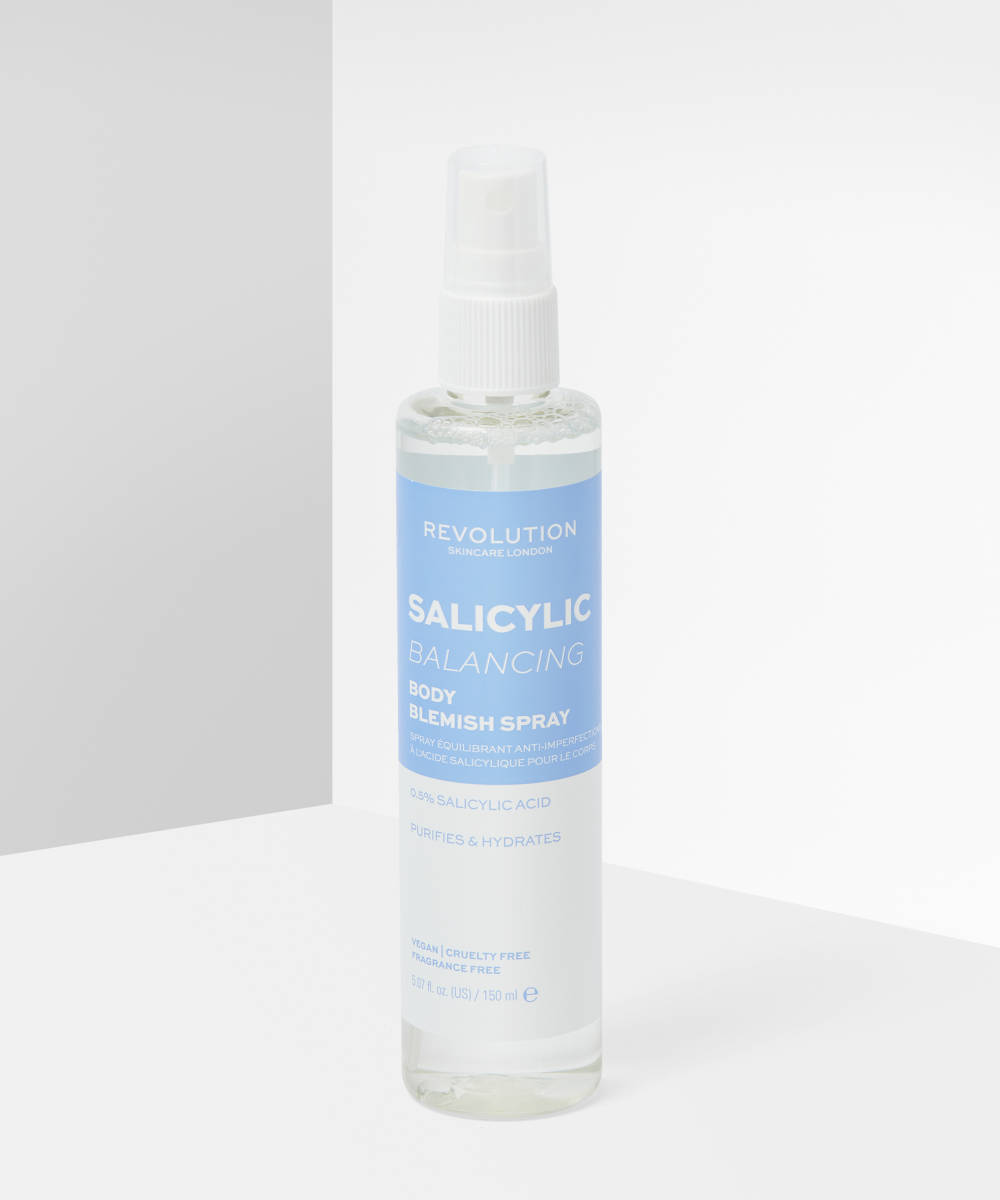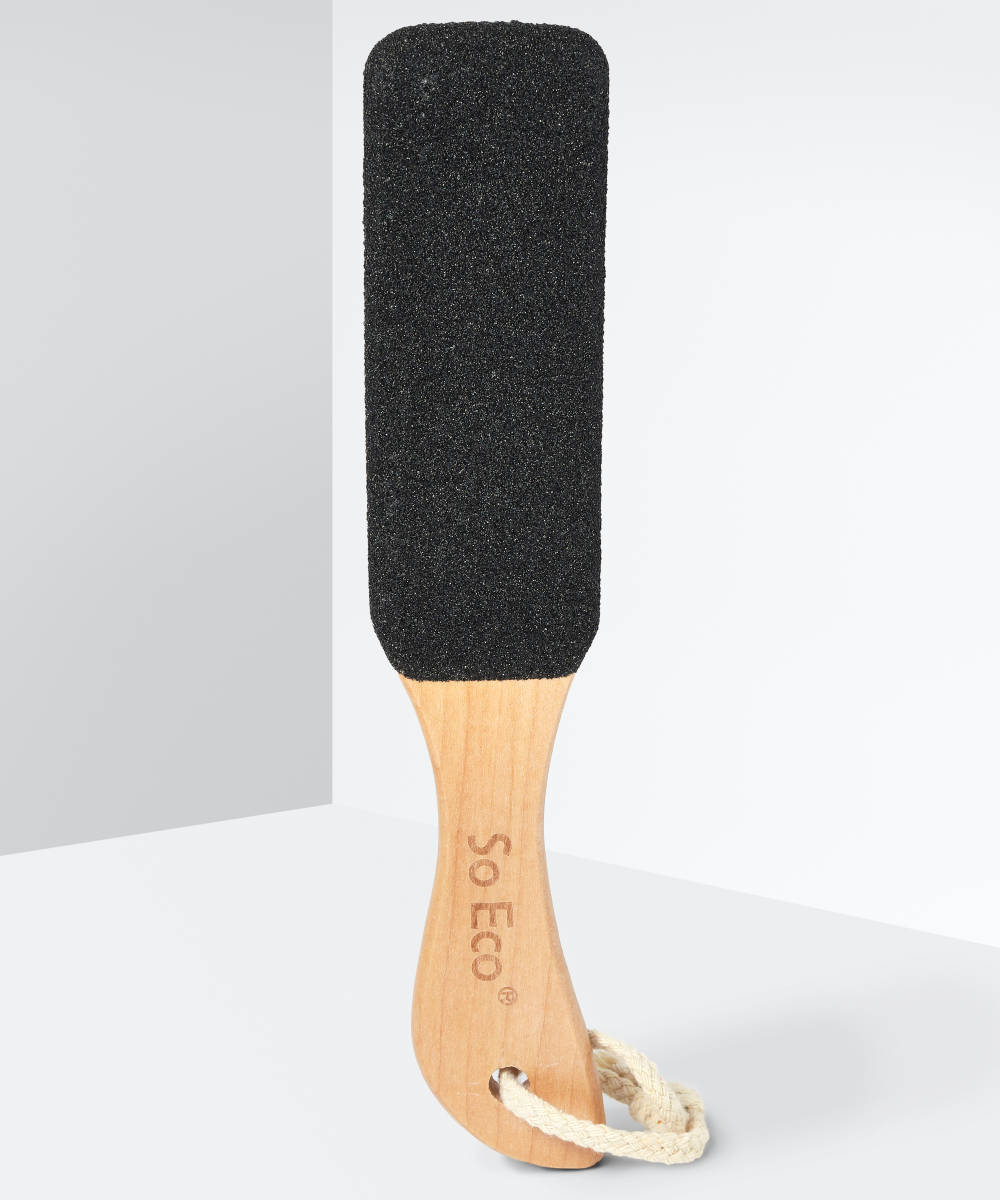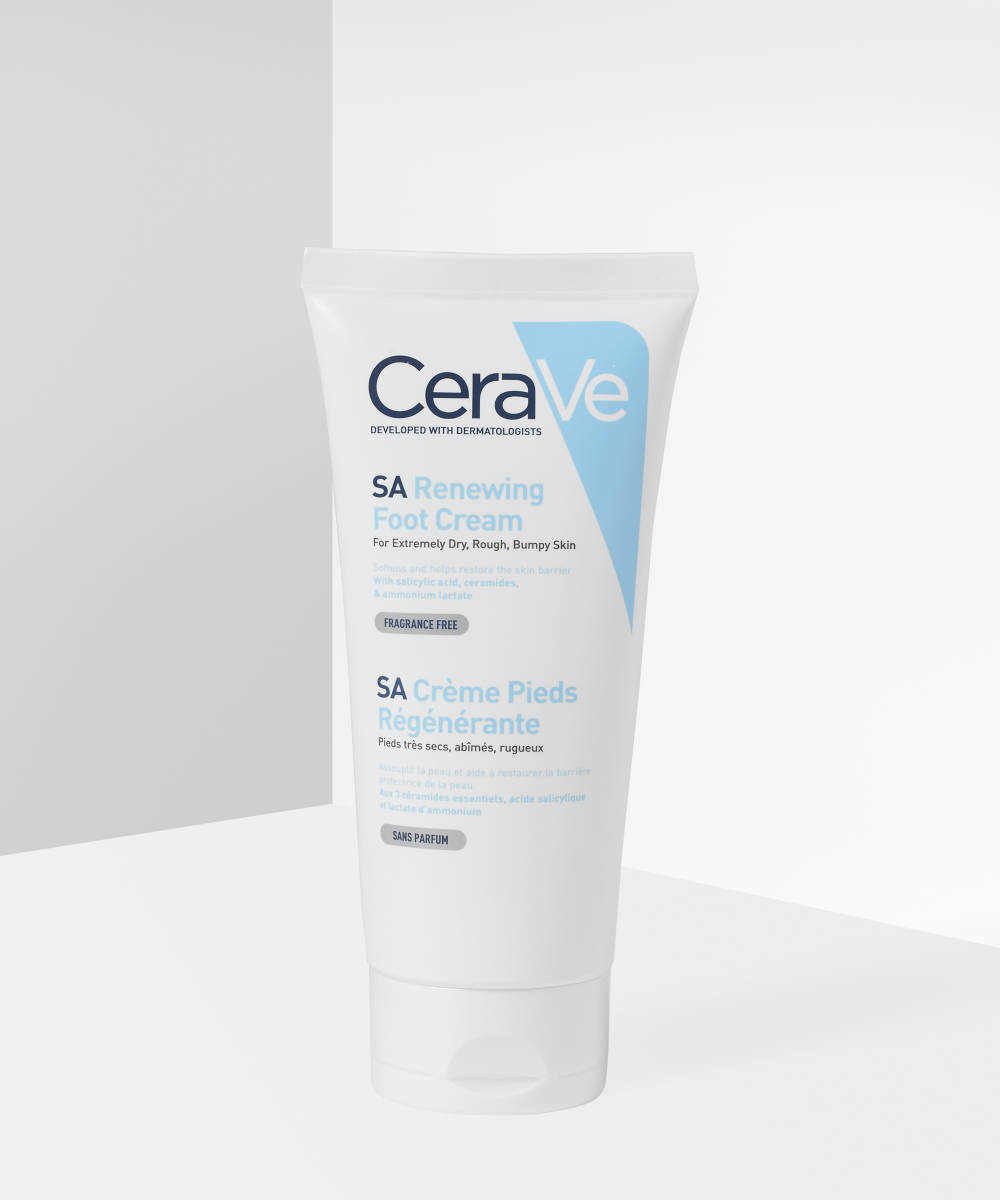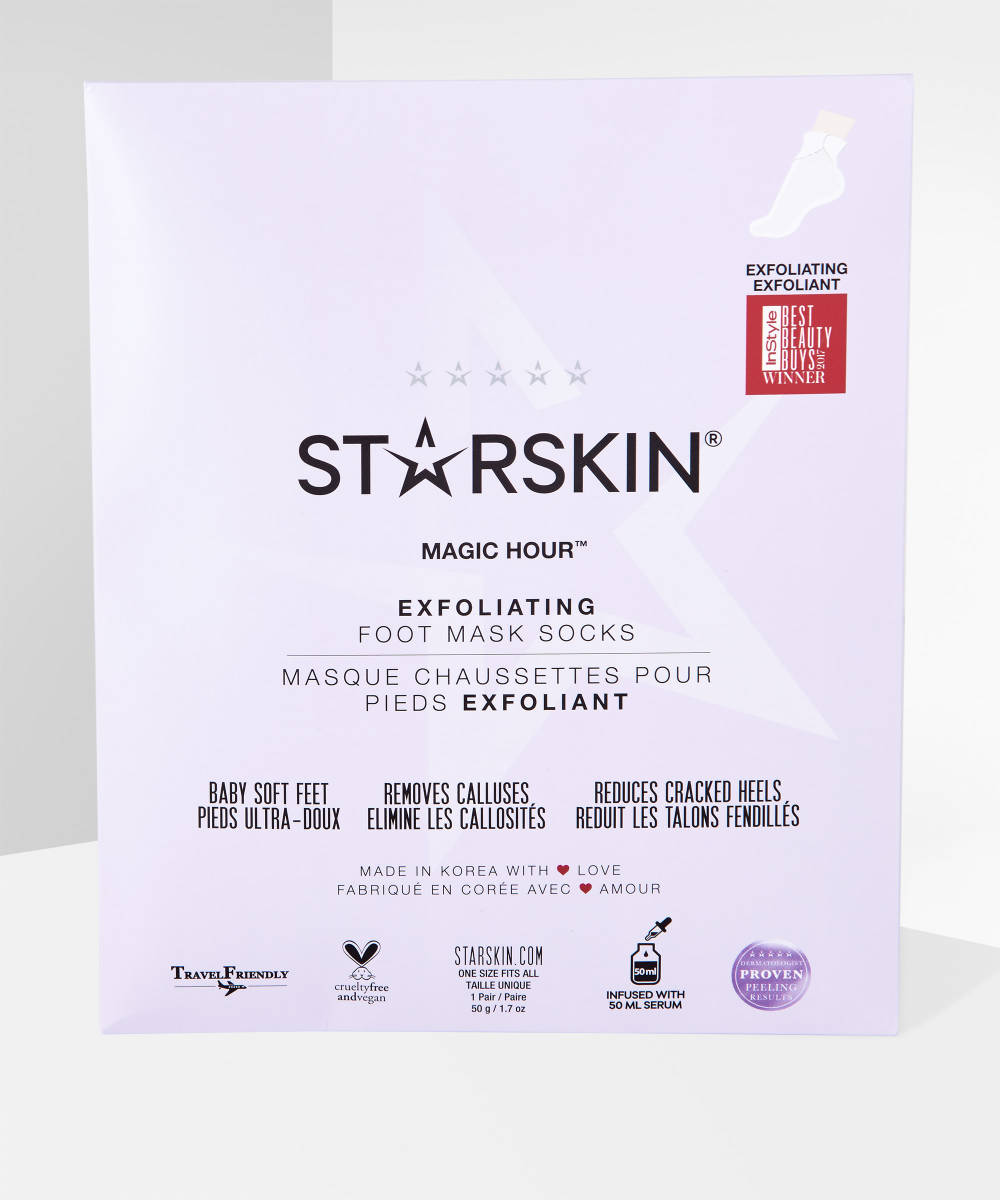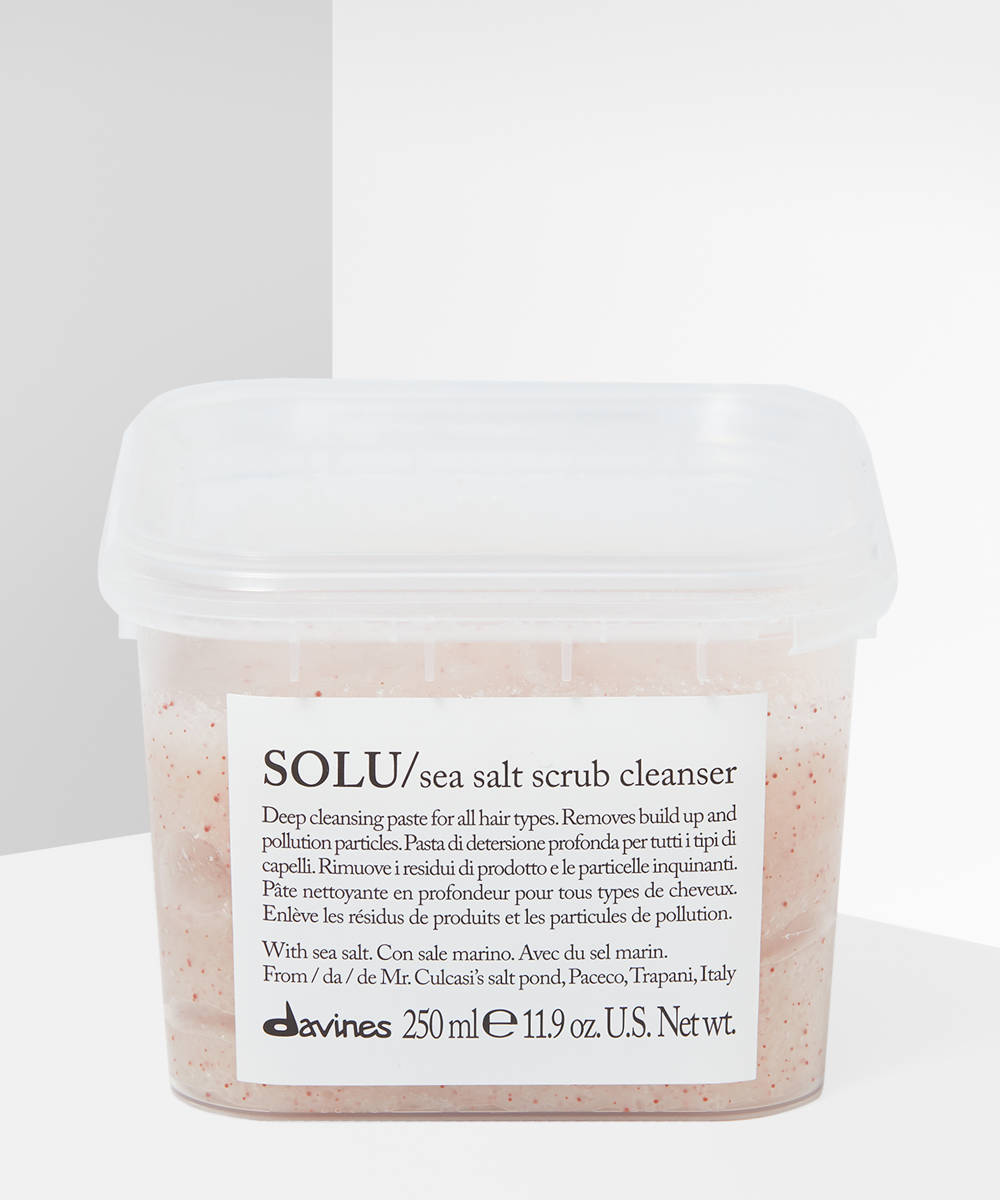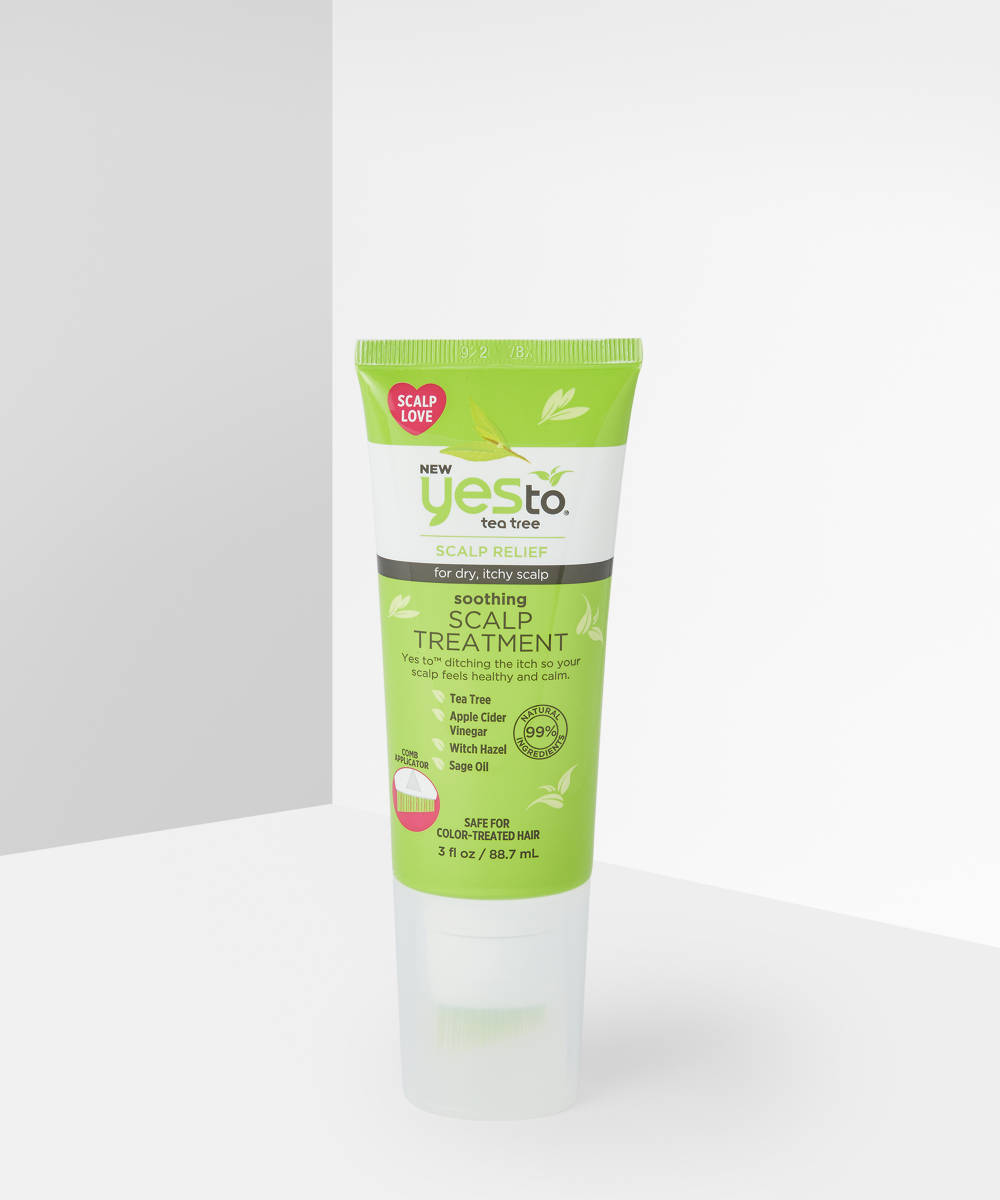Smooth, radiant skin is everyone’s goal, but if your skincare routine consists solely of cleansing and moisturising, then you’re missing out on a crucial step. Exfoliation is the secret the softening, smoothing, and even brightening your skin – and it’s super easy to do. From how to do it to the best products to use, scroll down for everything you need to know about exfoliation.
What is exfoliation?
Exfoliation is the process of removing dead skin cells so that skin looks and feels smoother, softer, and brighter. Our skin naturally exfoliates itself (a process called desquamation), but this process is slower for some individuals and can result in concerns like flaky skin, rough texture, and congestion.
What are the benefits of exfoliation?
If you don’t remove your dead skin cells, skin appears dull and feels textured. The buildup of dead skin may also lead to rough, flaky patches, or may clog your pores, contributing to breakouts. Exfoliating not only smooths the surface of your skin, but also helps to remove this buildup from within pores, which brightens your complexion. And because exfoliation clears buildup from your pores, it allows any skincare products you apply afterwards to better penetrate your skin and be their most effective.
What are the different types of exfoliation?
There are two main types of exfoliation, which have slightly different benefits for different concerns and different areas of the body. Physical exfoliants scrub skin by creating friction achieved through seeds or granules within products, or by tools (for example brushes, flannels, and pumices). This is best for areas where the skin is thicker or particularly rough, for example on the feet and body. Chemical exfoliation uses ingredients like acid, retinoid, and enzymes which work by dissolving the “glue” that binds dead skin cells to skin. This is less abrasive and so is more suited to the facial skin or to sensitive areas.
How should you exfoliate?
Whether you’re exfoliating your face or your body, you should exfoliate in gentle circular motions, taking care not to exfoliate over the same area twice. Exfoliants like scrubs should be applied to damp skin and rinsed off, whereas chemical exfoliants are best applied by soaking a cotton pad and sweeping it over skin. When you exfoliate, avoid any open cuts or wounds and avoid the delicate eye area.
When should you exfoliate?
The best time to exfoliate is the evening because exfoliation can leave the skin a little sensitive and can increase its sensitivity to UV. You should always wear a high factor SPF every single day if you use exfoliating products. Exfoliate after double cleansing and before applying your toner, serums, and moisturiser.
How often should you exfoliate?
Most skin experts recommend limiting to exfoliating your face just once a week as over-exfoliating skin cause cause irritation and weaken the skin barrier, leading to increased sensitivity and dehydration. The skin on your body and face is typically a bit thicker than the skin on your face, so can be exfoliated more often. Daily exfoliation in the shower is a good way to keep on top of dry skin.
